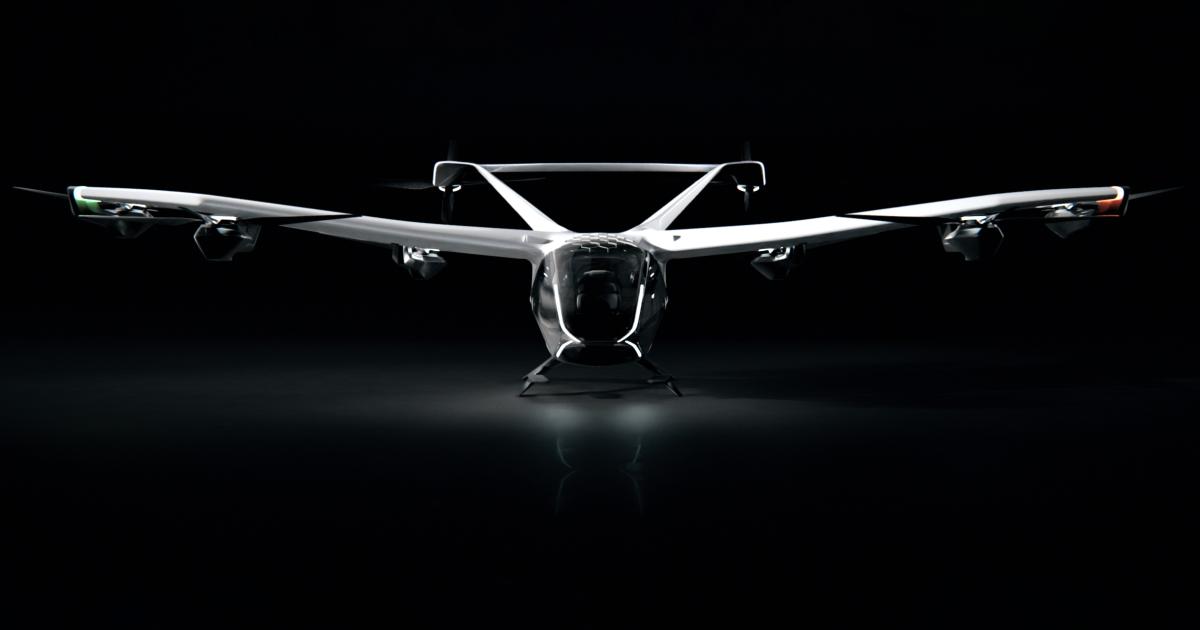Airbus Sticks to Systematic Approach to eVTOL Market, Avoiding the Start-up Gold Rush
The company aims to fly a prototype of its CityAirbus NextGen eVTOL aircraft by the end of 2023, but says it won't confirm its plans for the advanced air mobility sector until it has resolved all operational and technical issues.

